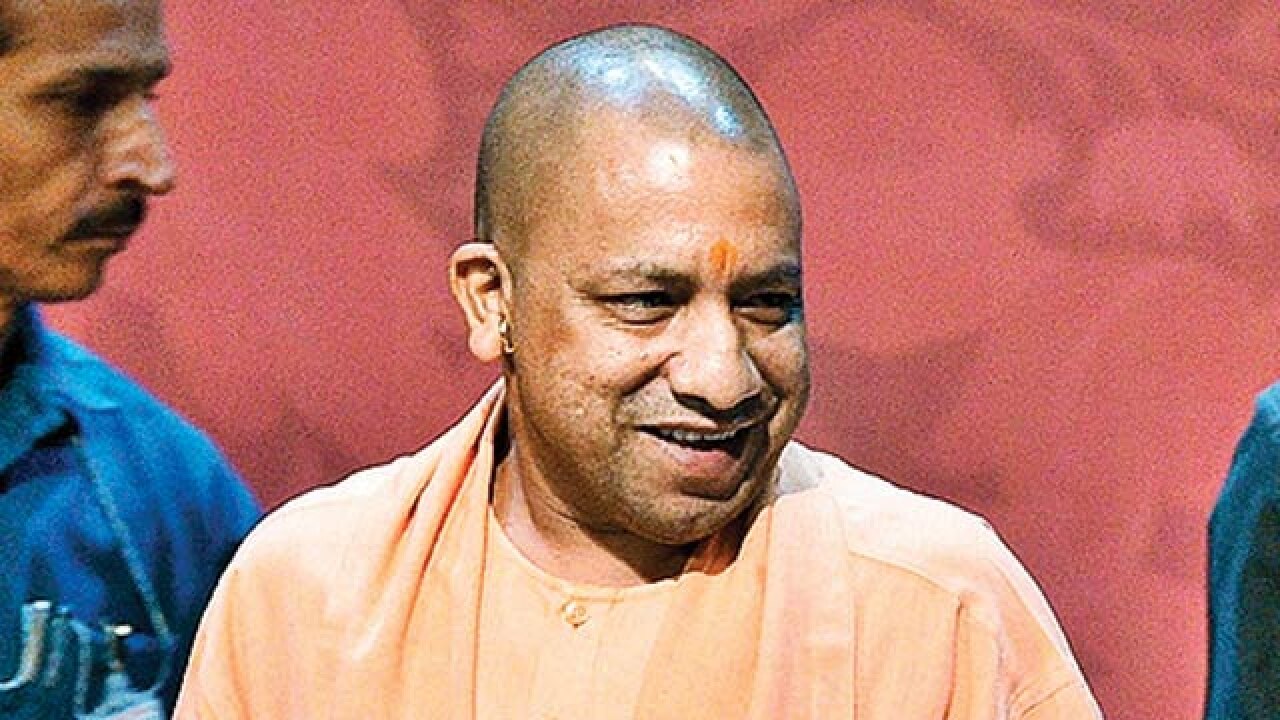
The Uttar Pradesh (UP) government has unveiled an ambitious economic development programme. The decision appears to be in sync with the Bharatiya Janata Party’s (BJP) declaration to bolster development across the state if elected to power. It comes on the backdrop of the first 100 days rule by the Yogi Adityanath dispensation. There is nothing specific about the 100 days numerical count; it is occasionally used as a consensual timeframe to appraise the potential trajectory of an administration’s progress, after assuming office.
The programme has significant relevance — UP’s economy is considered the third largest in the country and contributes nearly 8 per cent to the country’s Gross Domestic Product (GDP).
A comprehensive range of sectors is covered. It includes creating infrastructure and endeavours for opportunities in information technology, electronics manufacturing, agro and food processing units, dairy farms, handloom centres, textile units, film-making facilities, and tourism promotion. For a still relatively economically backward state witnessing intermittent social tensions, the economic impetus, if properly carried out, could significantly push up the socio-economic normal. Furthermore, it could shrink large patches of stagnant poverty across the state, and start creating opportunities for organised mass employment.
However, for all the seeming bona fide intentions, there is one crucial rub: the state government has spoken of providing subsidies, by way of assistance, across the board, to sundry producers within the state and investors from outside.
Subsidies are typically financial grants from the government to enable producers to improve their respective market positions in an economy. There are essentially two types of subsidies — export subsidies and domestic production subsidies. The former are grants to producers of goods to be sold overseas. The latter are grants by governments of a country to producers to assist them to improve their market position. In UP, it would be the state government providing potential domestic production subsidies to producers of UP and other Indian states, investing in UP. Because India’s economy is substantially involved in international interactions, whether overseas investors, if they come to UP, are given the concerned subsidy, is still moot.
But, the proposed expansion of economic activities in UP would involve exchanges of goods and services of foreign trademarks. Therefore, at equilibrium prices of various commodities, there is bound to be the dynamics of domestic outputs and imported amounts of the same item. If domestic production subsidies are given and continued for too long, the price burden would slowly shift to consumers. Initially, domestic production would increase, accruing benefits to domestic producers. But the price for various commodities the purchasers pay would be a combination of the market price plus government subsidy. It would reflect a higher price than otherwise, making domestic output costlier in the market. Some deadweight welfare loss would come to bear on the state’s economy with its attendant contributory effect on the national economy.
The central government also seemingly views the phenomenon of subsidies and other forms of government financial support to commodities with cautiousness. It has steadily reduced the process of continuous regressive subsidies to various sectors of the economy, particularly the energy sector. Displaying a pragmatic approach, the current trend of rising oil prices has led the government to cut excise duties for petrol and diesel.
India currently imports nearly 80 per cent of its oil requirements. Continuing excise duties would needlessly increase prices of energy resources in the Indian market. Its undesirable aftermath, even if indirect, would be felt in the Indian economy, and prices would be relatively higher.
As the UP government pushes its ambitious economic programme, it would need to take care that subsidies are not continued beyond a stipulated time. That would create needless hitches on the path to
economic amelioration.
The author is an analyst, writing on international economics and world politics